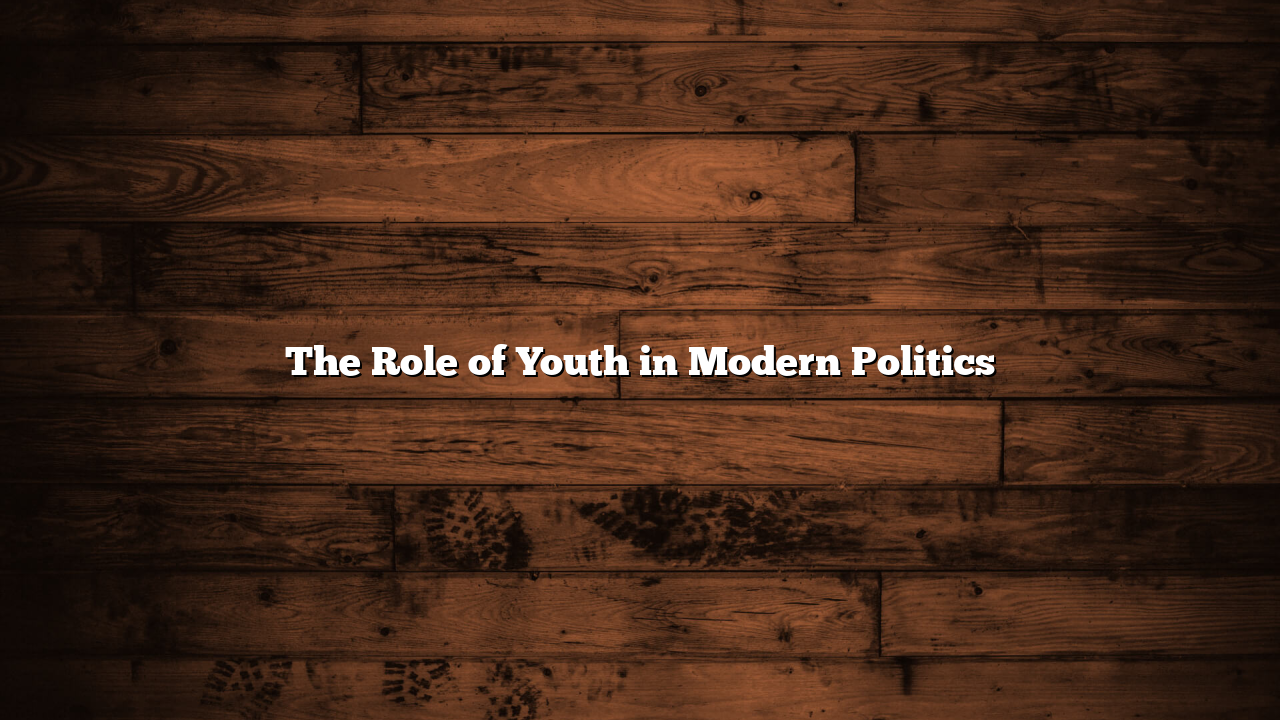In the 21st century, the landscape of global politics has been undergoing a significant transformation. One of the most notable shifts is the increasing involvement of young people in political discourse and decision-making. From grassroots activism to holding public office, the role of youth in modern politics is becoming more prominent and essential.
Young people, often defined as those between the ages of 15 and 30, make up a significant portion of the global population. Despite their numbers, they have historically been underrepresented in formal political institutions. However, recent years have seen a wave of youth-led movements that challenge the status quo and advocate for meaningful change. Issues such as climate change, digital rights, education reform, and social justice are at the forefront of youth political agendas.
The rise of social media has played a pivotal role in amplifying young ugbet88 voices. Platforms like Twitter, Instagram, and TikTok have become powerful tools for political engagement, allowing youth to share their perspectives, organize protests, and hold leaders accountable. Unlike traditional media, social media provides a space where young people can bypass gatekeepers and connect directly with audiences around the world.
One of the most inspiring examples of youth engagement in politics is the global climate movement. Led by figures like Greta Thunberg, young activists have mobilized millions through initiatives such as Fridays for Future. These movements demonstrate that young people are not just future leaders—they are already shaping the present.
In addition to activism, youth are also entering formal politics. Countries like Finland and New Zealand have seen young politicians rise to prominent positions, showing that age is not a barrier to leadership. When young individuals participate in policymaking, they bring fresh perspectives and innovative solutions that are often lacking in traditional political structures.
Despite these positive developments, challenges remain. Many young people feel disillusioned with politics due to corruption, lack of transparency, and a sense that their voices are not taken seriously. Voter turnout among youth is often lower than older demographics, reflecting a broader disconnect between young citizens and political institutions.
To address this, governments and political parties must do more to engage youth. This includes education reforms that emphasize civic responsibility, creating platforms for youth consultation, and supporting youth-led initiatives. Additionally, lowering the voting age in some countries could empower younger citizens to participate in shaping the policies that affect their futures.
In conclusion, the role of youth in modern politics is both critical and transformative. As the world faces complex challenges, the energy, creativity, and determination of young people offer hope for more inclusive and responsive governance. Rather than viewing youth as passive recipients of policy, societies must recognize them as active partners in building a better political future.
